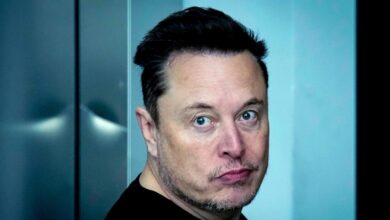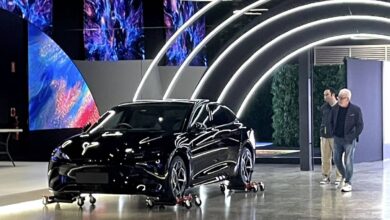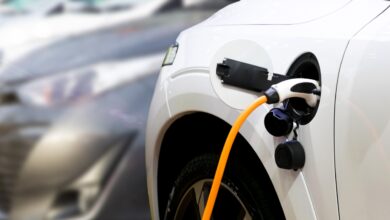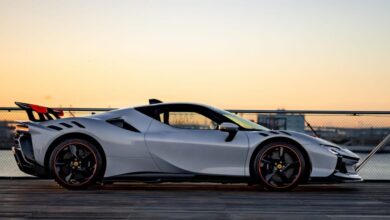Renault confirms end of VW talks on small electric cars
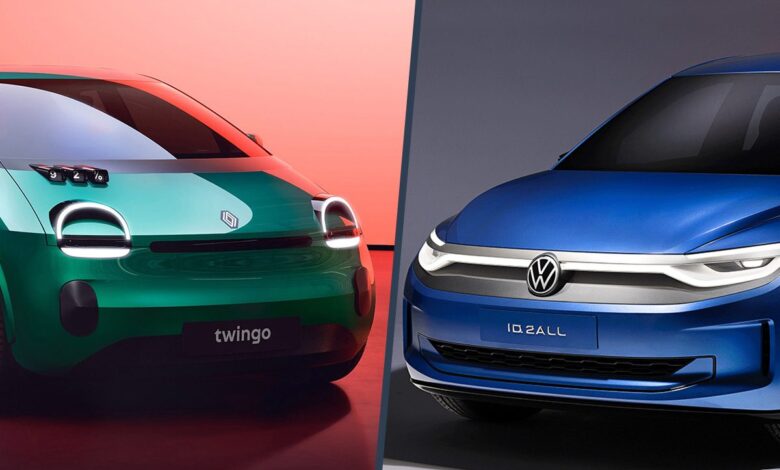
“I wanted to show that European industry could work together as a team, so I think this is a lost opportunity, but there may be others,” de Meo told Reuters. It is clear that de Meo would have liked to realise the partnership. It therefore stands to reason that the talks were ended by VW. However, the Wolfsburg-based company declined to comment to Reuters.
At the end of last week, insiders had leaked that the deal, which had been driven forward in recent months, had collapsed. One informant stated that in the end it had not been possible to find a joint solution. According to a second source, however, VW ultimately withdrew. This insider also made it clear that the Wolfsburg-based company now wants to develop the vehicle on its own.
VW last said in March that it was already working on the design of the future small electric car, but that the exact realisation still had to be decided. According to VW brand boss Thomas Schäfer, the working title is ID.1 and the vehicle is planned for 2027, as he explained on the sidelines of the presentation of the business figures for 2023. However, Schäfer also made it clear that the price of 20,000 euros was economically very challenging and could only be achieved with “very large quantities” “due to the high battery costs” – which was interpreted at the time as a plea for a Renault partnership. At that time, however, VW had examined a total of four scenarios.
According to Reuters, Renault will now press ahead with the development of the Twingo E-Tech Electric on its own, which is due to be launched on the market in 2026. The vehicle is to be based on a scaled-down version of the AmpR Small (formerly CMF-BEV) so that the Twingo can be positioned below the Renault 5 on the same platform in terms of price (from €24,990). Higher unit numbers would also have helped Renault to further reduce costs. A new partner does not appear to be in sight at present.
According to earlier reports, the VW ID.1 would also have used the AmpR Small, but VW would have contributed its own drive units. The electric car was to be built by Renault, possibly in Novo Mesto, Slovenia, where the current Twingo comes off the production line. However, the possible production location could have been one of the reasons why the collaboration ultimately failed. As reported by the German publication Manager Magazin back in April, the VW works council led by chairwoman Daniela Cavallo is said to have had reservations. This is because Volkswagen has several underutilised plants in Europe, such as the MEB factory in Zwickau, and Audi is still looking for a successor project for the Brussels plant when production of the next generation of the Q8 e-tron moves to Mexico as planned. Giving a high-volume project to Renault is likely to have caused resistance – but in the absence of confirmation from Wolfsburg, this remains pure speculation.
